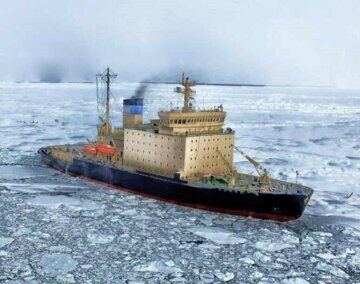 Prohibition on the use and carriage of heavy fuel oil as fuels in Arctic waters 18.04.2023 00:34
Prohibition on the use and carriage of heavy fuel oil as fuels in Arctic waters 18.04.2023 00:34A prohibition on the use and carriage of heavy fuel oil as fuels in Arctic waters comes into effect in 2024.
As part of amendments to MARPOL Annex I, MEPC.329(76), which entered into force on 1 November 2022, Regulation 43A in Chapter 9 of the convention means the use and carriage of oils listed in Regulation 43.1.2 of MARPOL Annex I as fuel by ships will be prohibited in Arctic waters, as defined in MARPOL Annex I, Regulation 46.2, on or after 1 July 2024.
An exception to these new requirements is for ships engaged in securing the safety of ships or in search and rescue operations, and ships dedicated to oil spill preparedness and response.
When prior operations have included the use and carriage of oils listed in MARPOL Annex I, Regulation 43.1.2 as fuel, the cleaning or flushing of tanks or pipelines is not required.

